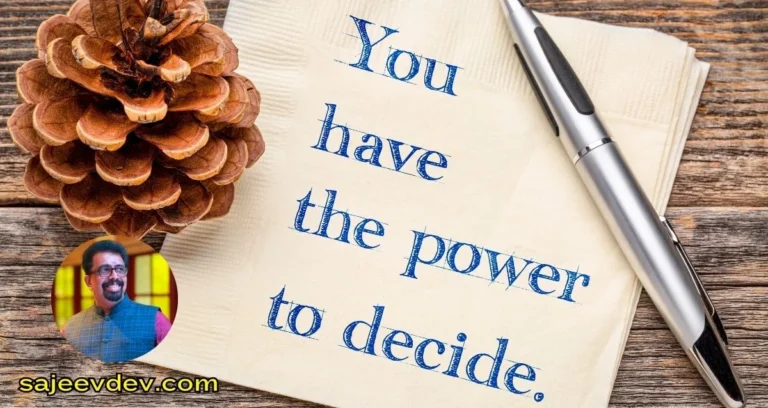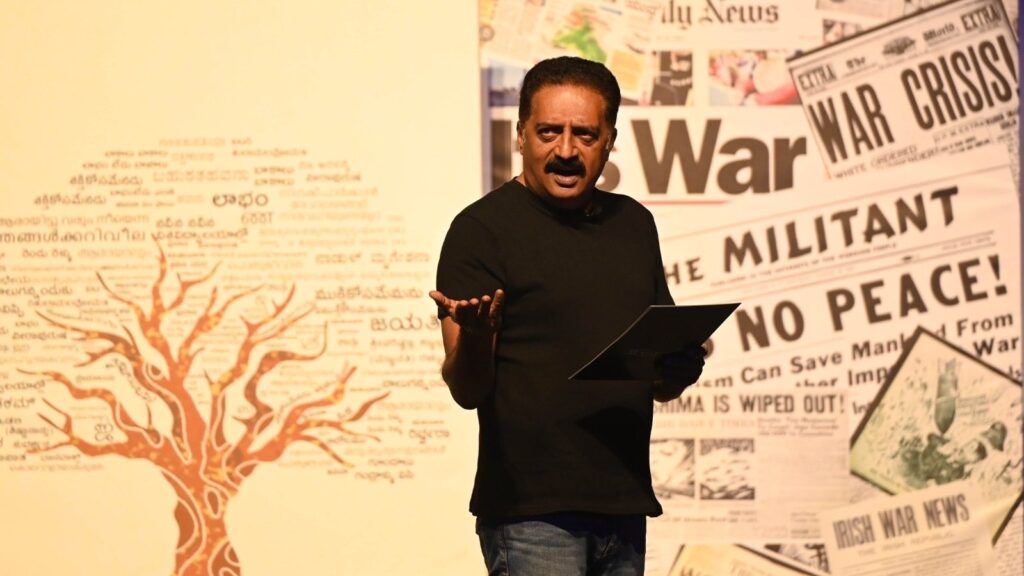
Prakash Raj Speaks Out on Current Political Climate 2025
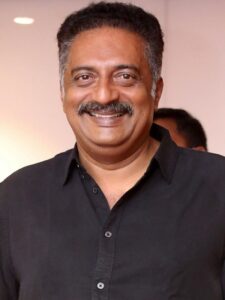
In the complex tapestry of India’s political and social discourse, few voices resonate with the clarity and conviction of actor Prakash Raj. Renowned for his multifaceted contributions to cinema, Raj has seamlessly transitioned into a role that blends artistry with activism, using his platform to address pressing national issues.
Prakash Raj’s perspective on actors entering politics is both discerning and cautionary. He emphasizes that popularity should not be the sole criterion for political participation. According to Raj, actors should possess a profound understanding of the nation’s challenges and earn the trust of the populace through informed discourse. He articulates, “I don’t like actors joining politics because they are actors and have fans. They should always stay aware of their responsibility towards them.”
Dodgers 2025
Unwavering Stance Against Religious Intolerance
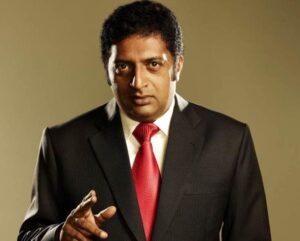
Raj’s commitment to secularism is evident in his forthright critiques of religious intolerance. He challenges the notion that aggressive advocacy for certain religious ideologies aligns with true Hindu values. Reflecting on this, he states, “Those who speak aggressively on upholding Sanatana Dharma and Hindutva are not Hindus.” This sentiment underscores his belief that genuine faith is rooted in compassion and tolerance, not in exclusionary practices.
A fervent believer in democracy, Raj stresses the importance of questioning authority and resisting unjust practices. He asserts that complacency in the face of oppression compromises societal well-being. Highlighting the necessity of relentless resistance against injustice, he remarks, “Relentless questioning of injustice is the only way to resist the right-wing assault on democracy.” His advocacy extends to protecting freedom of expression, cautioning against orchestrated attempts to silence dissenting voices.
Critique of Language Imposition and Cultural Identity
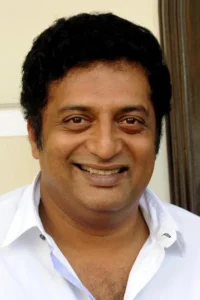
In recent times, Raj has addressed concerns regarding linguistic imposition, advocating for the preservation of regional languages and cultural identities. Responding to comments by political figures advocating for Hindi’s primacy, he states, “Don’t impose your Hindi language on us. It is not about hating another language; it is about protecting our mother tongue and our cultural identity with self-respect.” This stance reflects his commitment to cultural diversity and regional autonomy.
Raj’s reflections on nationalism are thought-provoking, especially in a nation as diverse as India. He questions the conflation of nationalism with a singular religious identity, pointing out that many esteemed citizens have contributed to the nation without adhering to one faith. He provocatively asks, “What about many like me who do not have a religion, but believe in humanity? Aren’t we all the nationals of our country?” This inquiry challenges narrow definitions of national identity and promotes an inclusive vision of patriotism.
Commitment to Social Justice and Equality
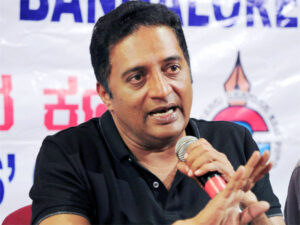
Throughout his public engagements, Raj has consistently advocated for social justice and equality. He criticizes the prioritization of certain religious ideologies over others, emphasizing that true Hinduism is inclusive and compassionate. He remarks, “The person who supports killing cannot be a Hindu.” This statement reflects his belief that actions, not just beliefs, define one’s commitment to ethical principles.
In an era where misinformation spreads like wildfire and political polarization continues to deepen across the globe, voices like that of actor and activist Prakash Raj become all the more crucial. Known not only for his powerful performances on screen but also for his unapologetic stands off-screen, Prakash Raj has long been an advocate for democratic values and citizen accountability. In 2025, his message is louder, clearer, and more relevant than ever: “Stay informed, question authority, and protect democracy.”
A Voice That Won’t Be Silenced
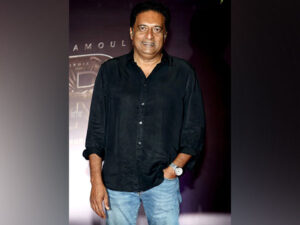
For over a decade now, Prakash Raj has been more than just a celebrated actor. He’s transformed into a relentless social commentator, using his platform to call out injustices, challenge government policies, and ignite conversations that many would rather avoid. Whether it’s through interviews, social media, or public speeches, Raj has consistently emphasized the importance of democratic engagement.
This year, in the lead-up to key elections across India and amid rising global concerns about democratic backsliding, he’s once again taken center stage—not as a politician, but as a citizen with a conscience.
“Democracy is not a one-day event. It’s a continuous process, and it begins with awareness,” Raj said recently during a panel discussion on civic responsibility. “We cannot afford to be passive anymore.”
The Power of Being Informed
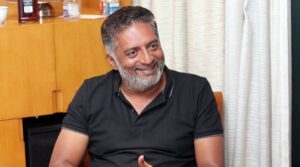
One of the main pillars of Raj’s message is information literacy—the idea that people must actively seek reliable, diverse sources of information to truly understand what’s happening around them. In a digital age where anyone can publish anything, he argues, the burden of discernment falls heavily on the individual.
Raj has often pointed out how blind allegiance to political parties—without questioning their motives, actions, or inconsistencies—weakens the democratic fabric.
“Don’t worship politicians. Hold them accountable. They are public servants, not demigods,” he says, challenging a common culture of personality-driven politics.
This year, Raj has been supporting grassroots efforts aimed at educating first-time voters, especially youth in rural areas. Collaborating with independent journalists, educators, and NGOs, he’s helping push initiatives that promote media literacy, fact-checking, and issue-based political discussion.
Not Afraid to Ruffle Feathers
Raj’s outspokenness has never been without consequences. He’s faced boycotts, threats, trolling campaigns, and even professional setbacks in the film industry. Yet, that hasn’t deterred him. He believes that discomfort is a small price to pay when the stakes are this high.“They’ve tried to silence me, discredit me, intimidate me—but the truth doesn’t disappear just because it’s inconvenient.”
And it’s that truth that he continues to champion. From questioning the treatment of minorities and dissenters, to standing in solidarity with students and journalists, Raj’s activism spans a broad range of issues—all linked by a common thread: the defense of democratic ideals.
Inspiring a New Generation of Active Citizens
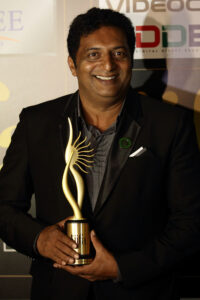
One of the most heartening effects of Raj’s activism is how it’s inspired a younger generation to get involved—not just in politics, but in democratic processes more broadly.
Social media is abuzz with students, artists, and everyday citizens echoing his sentiments and amplifying his messages. Memes, short videos, and infographics quoting him have gone viral, especially during peak political seasons. His phrase “Vote, Don’t Float” has become a trending slogan, urging people not to drift along with the tide but to make informed decisions at the ballot box.
Several university forums have now begun organizing “Democracy Dialogues”, inspired by his town hall-style discussions, where students come together to debate, learn, and reflect on what governance means to them.
Looking Ahead
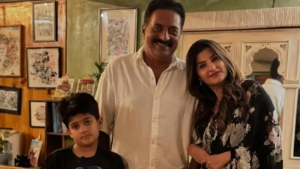
As India—and the world—navigates an increasingly complex political climate, Prakash Raj’s voice continues to serve as a moral compass. His message is not partisan, but principled. Not angry, but urgent.“We need to protect democracy not just from governments, but from apathy. If we stay silent today, we won’t have the right to complain tomorrow.”
In a time when outrage is often performative and short-lived, Raj’s consistent call for critical thinking, civic participation, and fearless dissent serves as a beacon for those who still believe in the promise of democracy. It’s not about left or right. It’s about right and wrong. So, in 2025, as election seasons unfold and the future feels uncertain, perhaps the best thing we can do is take a page from Prakash Raj’s book: ask questions, seek truth, and never underestimate the power of an informed citizen.
Conclusion: A Call for Informed Citizenship and Active Participation
Prakash Raj’s journey from the silver screen to the public sphere exemplifies the role of artists as catalysts for societal reflection and change. His critiques and advocacies serve as a reminder of the need for informed citizenship and active participation in the democratic process. As India continues to navigate complex political and social challenges, voices like Raj’s encourage individuals to question, engage, and contribute to the nation’s evolving narrative.
DPVNATION


